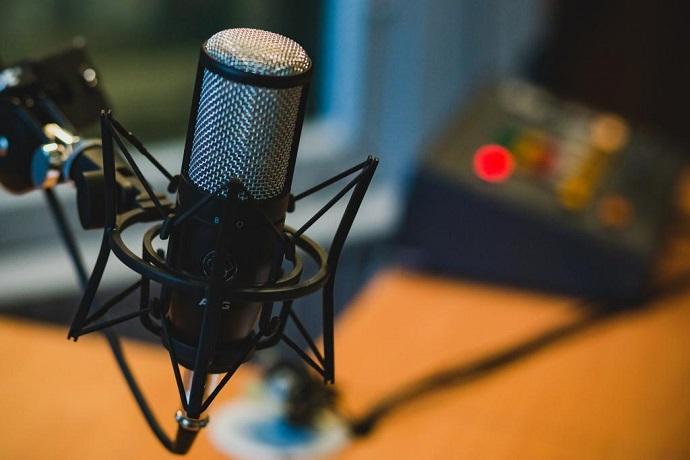Recording podcasts with a quality condenser microphone makes up only half of capturing great sounding audio. To achieve that full-level sound, it's essential to process your recordings using four key elements: equalizer (EQ), compressor, noise gate and de-esser — each working in unique ways to create an optimal recording experience. In this explainer we dive deeper into the importance of these components for podcasting success.
What is "EQ"?
Mastering the art of EQ'ing with your vocals can dramatically improve the tone and texture you create. You may have experienced podcasts in which no matter how loud or high it is turned up, you still cannot decipher each word being said - this could indicate a problem with its EQ.
Frequency spectrum varies from 0-20,000hz; however bass (depth), middle (clarity) and treble (sharpness) are more straightforward terms to use when adjusting settings for voice clarity purposes.
Bass will give your voice fullness and depth or too much and it will sound muddy. Middle is very important as this is predominantly where the human voice mostly sits - It will either bring forward the voice or if there isn't enough the voice will sound 'scooped' and far away. Treble adds clarity but too much and it adds harshness.
What is "compression"?
Having a consistent volume in your podcast is essential, and compression can help you achieve this. From shouting to whispering, each of your audio moments will sound professionally balanced – like it was made for the radio! With better sound comes more engagement from listeners, making compression an essential part of podcast engineering.
What is a "gate" or "noise gate"?
When a microphone is on it is constantly working and picking up hums, pops and background noise. A noise gate will turn off your microphone when the sound goes below a certain threshold. In other words, the gate only opens when it is pushed! This means that your audio will be nice and clean when someone isn't talking.
What is a "de-esser"?
Sibilance is the "Sss'' or "sh" sound we hear when we say words with an "s" in them. These "s" sounds actually spike in loudness when we say them and so they can hurt our ears a bit. We use words like "harshness" if we hear them on audio. If you are listening to a podcast and turn it up to hear it better you might often complain that something is "piercing" your ears - this is sibilance and it can ruin audio.
On a simple level you can use an EQ tool to remove a lot of sibilance, either by turning down the treble or by reducing the frequencies around 7000 to 12000hz. However you will probably find that in doing this you will remove a lot of nice frequencies that are adding clarity. That's where a de-esser can help. A de-esser is essentially a specific compressor that focuses on those higher frequencies, ensuring that they don't peak too high.
A slight word of warning - A de-esser sometimes takes a little while to configure your voice. You may find at first that in maximising the de-esser effect it changes the tonality of your voice - some people say it can sound like it has added a lisp to your voice. Take your time and play with the threshold and settings until you have it just right, and you'll be glad you did.
Whether you're just using your phone's microphone or a more costly condenser microphone the elements above are still really important. And in fact, many people can get decent quality audio from a phone's microphone using the above tools afterwards. So if you can, spend a little time getting to know those tools. These tools are often built into podcast or audio editing software as plugins. In the old days (before podcasts!) we used big hardware units to do these jobs. Now thankfully, it's a lot easier on both our brains and bank balance!
This post was written by Cambridge Audio Engineer Ryan Davies, who specialises in helping independent artists, musicians & podcasters get a professional sound from their audio without breaking the bank.



